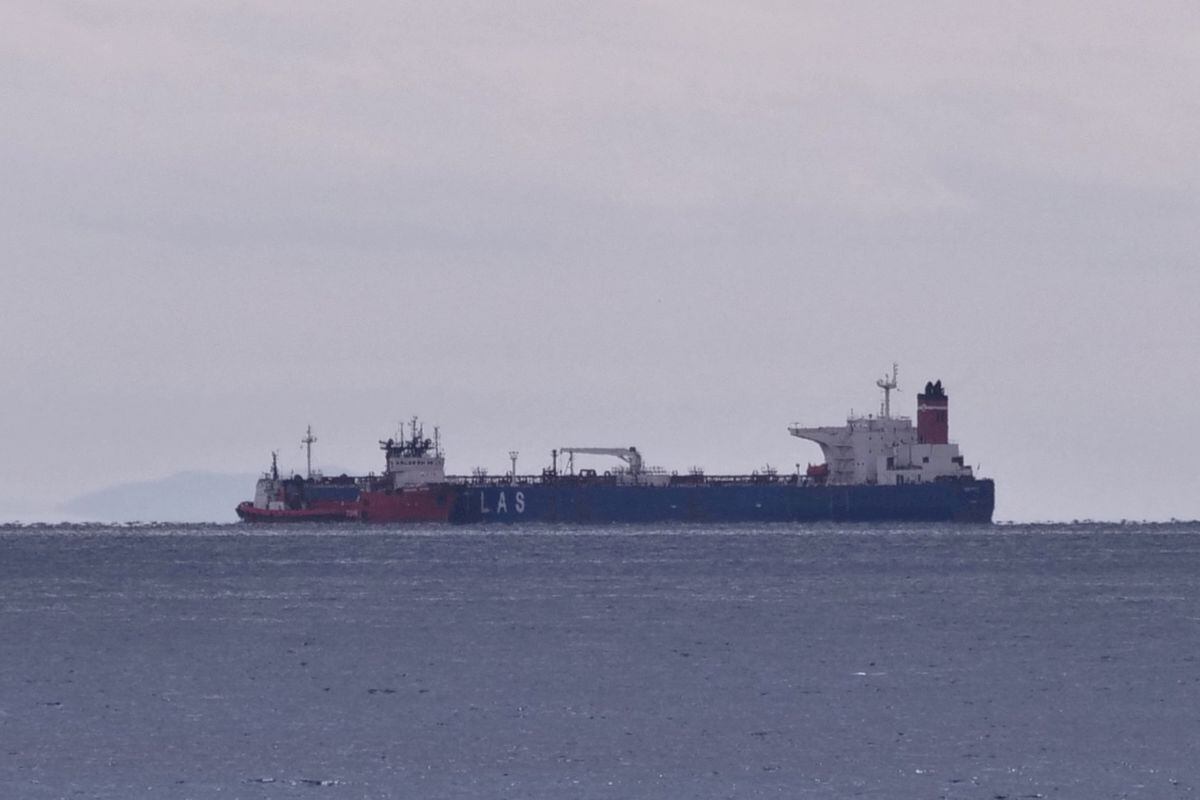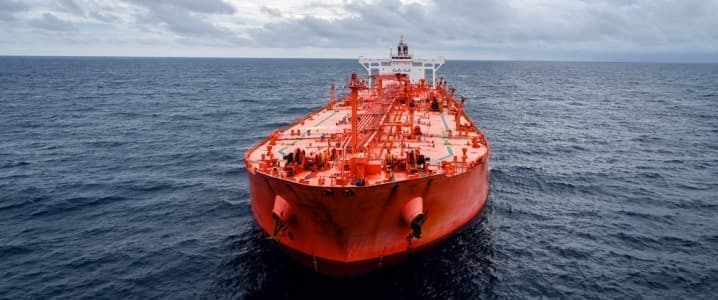Iran seized the Marshall Islands-flagged oil tanker last year, claiming it collided with an Iranian vessel in the Gulf of Oman. Nearly a year later, Tehran announced plans to confiscate the cargo of the Advantage Sweet, transporting oil from Kuwait to Texas, in retaliation against U.S. sanctions.
A Tehran court ruled in favor of confiscating the $50 million oil cargo to compensate patients with epidermolysis bullosa, a rare skin disease impacted by U.S. sanctions on medicine sales to Iran.
EB Home, representing over 300 epidermolysis bullosa patients, brought a case against the U.S. in Tehran, condemning sanctions as “criminal and unilateral.” U.S. State Department spokesman Matthew Miller criticized the ruling, demanding the tanker’s immediate release, citing Iran’s threat to maritime security and regional stability with its continued vessel seizures.
Iran’s Islamic Revolutionary Guards Corps (IRGC) seized the Advantage Sweet in April 2023, chartered by U.S. oil giant Chevron, and bound for Houston, days after the U.S. seized Suez Rajan, carrying sanctioned Iranian oil to China. Despite Tehran’s threats, Washington began unloading the Suez Rajan’s oil in August 2023.

Iran Seizes Oil Tanker in Sanctions Dispute: Court Orders Cargo Confiscation for Disease Compensation (Credits: Reuters)
The Tehran court’s ruling highlights the impact of U.S. sanctions on Iran’s health sector. Since Trump’s 2018 withdrawal from the Iran nuclear deal, Iranians have faced rising prices and medicine shortages due to sanctions and corruption.
While U.S. sanctions exempt food and medicine, restrictions hinder Tehran’s access to certain drugs, including bandages for epidermolysis bullosa patients, leading to severe health consequences.
State Department spokesman Miller defended U.S. sanctions, stating they allow humanitarian purchases and deny preventing medicine from reaching Iranians. The Iranian NGO EB Home previously filed an unsuccessful complaint against Swedish firm Molnlycke, accusing it of suspending business with Iran due to U.S. sanctions.
UN experts warned of the dire consequences of over-compliance with U.S. sanctions, prompting Swedish government support for delivering specialized bandages to Iran, acknowledging the humanitarian crisis exacerbated by sanctions’ financial impact.























